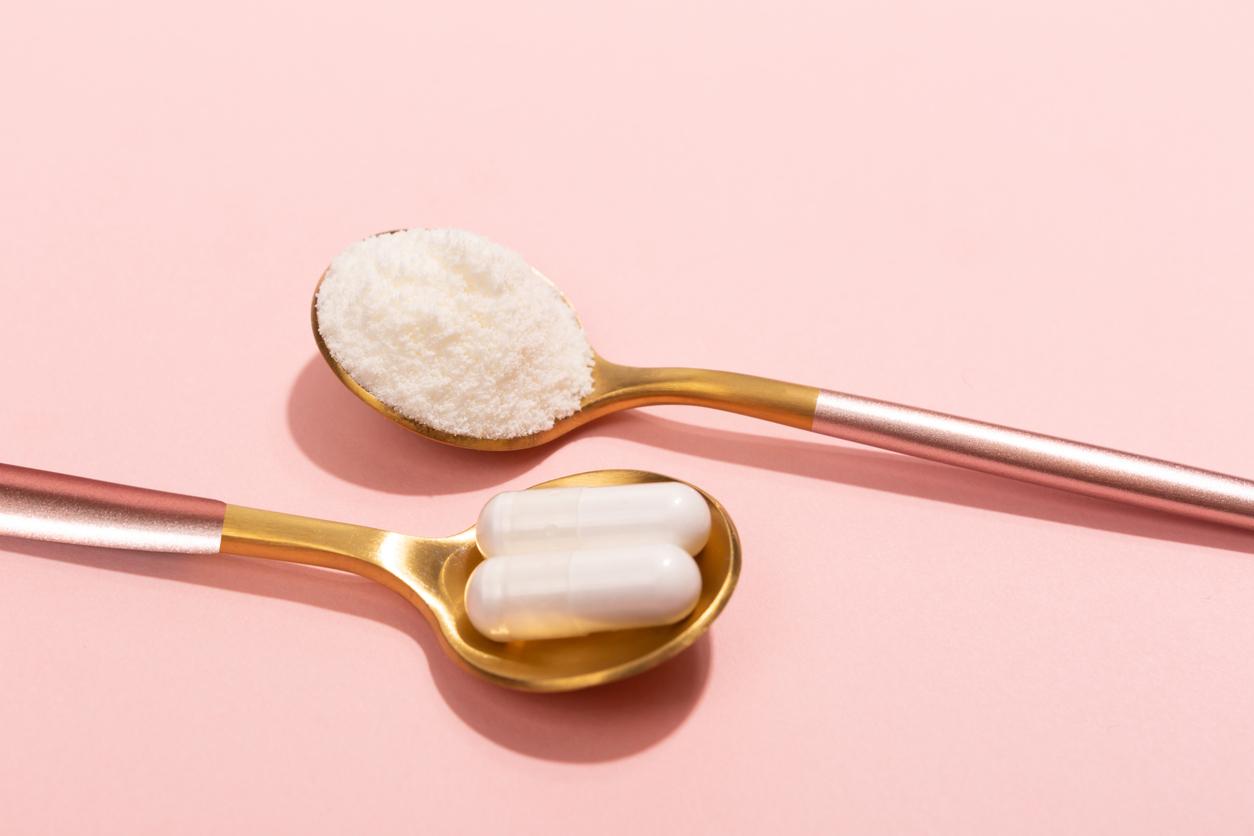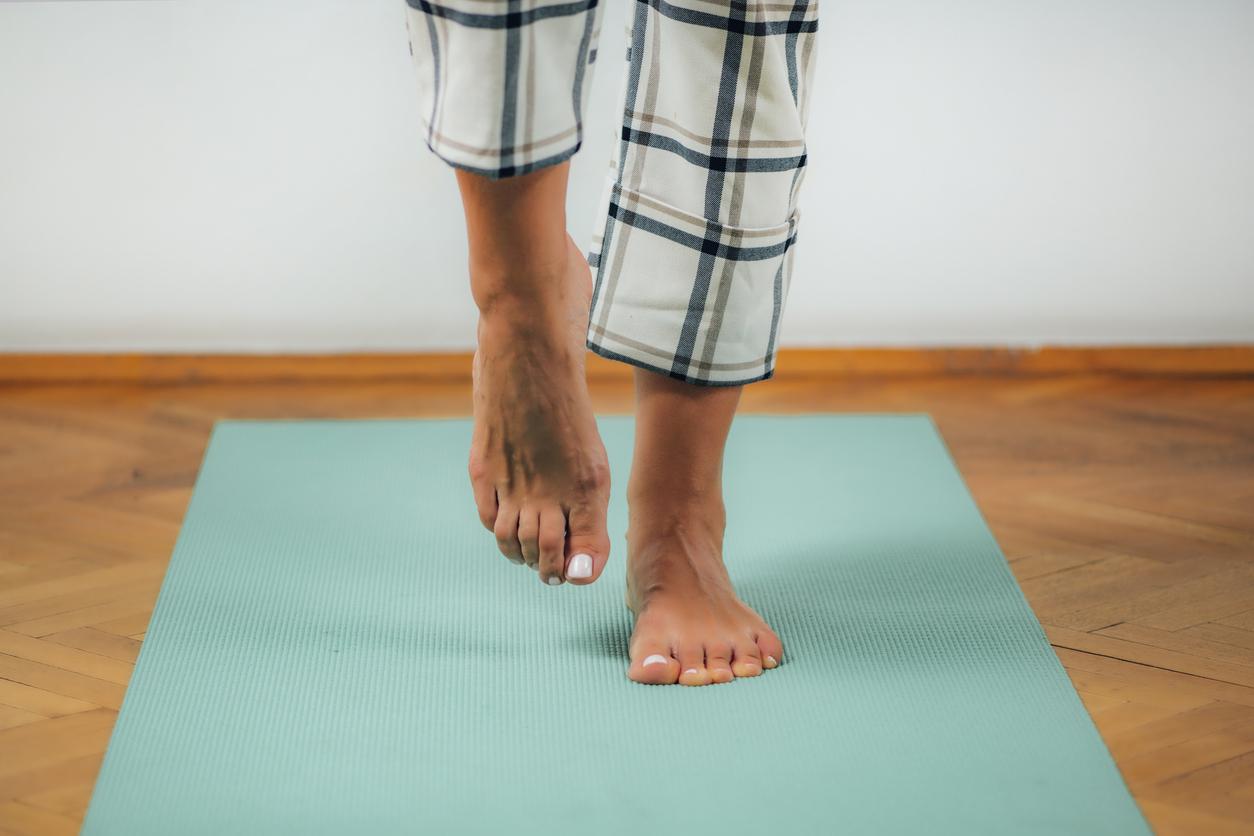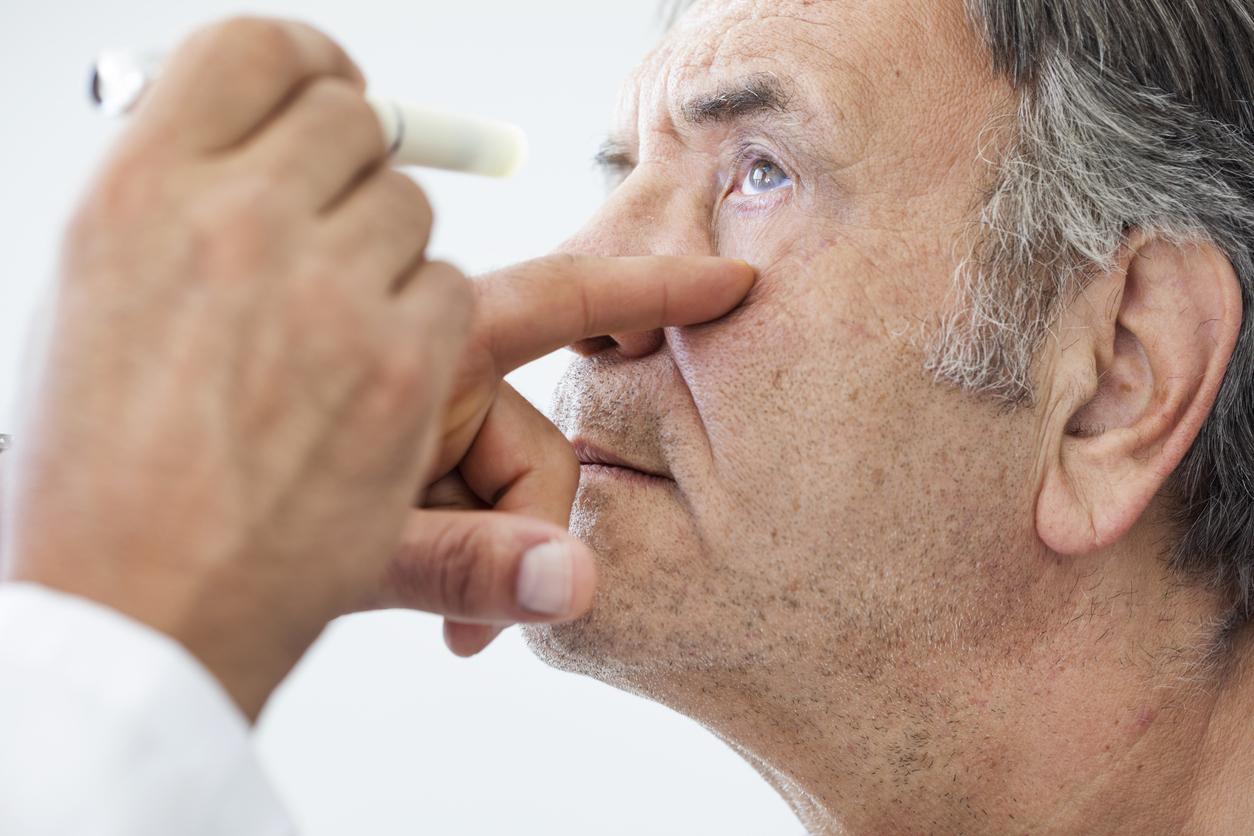Want to feel younger? Maybe you should think about maintaining your muscles. According to an American study, weak muscles could be as detrimental to long-term health as smoking cigarettes, because it is linked to accelerated biological aging.

- The team of researchers from the University of Michigan studied the link between biological age and grip strength in 1,274 adults, based on DNA methylation, a process that provides an estimate of the rate of aging organic.
- Participants were followed for a period of eight to ten years. The results show that lower grip strength predicts faster biological aging, measured up to a decade later.
For the first time, a team of researchers from the University of Michigan reports that muscle weakness is linked to accelerated biological aging. According to the results of their study, published in the Journal of Cachexia Sarcopenia and Musclethe lower your grip strength (an indicator of overall muscle strength capacity), the older your biological age.
Muscle weakness is linked to accelerated biological aging
To better understand this concept of biological aging, you should know that not everyone ages at the same rate. Let’s take two adults, both 60 years old. Although these two people may share the same chronological age, one may be much younger biologically aging. Because yes, aging is not just a matter of passing time: genetic, environmental and behavioral factors also play a major role. Unhealthy lifestyle choices, such as getting too little physical exercise, eating a poor diet, and smoking regularly, accelerate biological aging processes. Having to deal with a serious illness can also cause the body to age at a faster rate.
“We know that muscle strength is a predictor of longevity and that weakness is a powerful predictor of disease and mortality, but, for the first time, we have found strong evidence for a biological link between muscle weakness and actual acceleration of biological growth”said the study’s lead author, Professor Mark Peterson, in a press release from the University of Michigan.
“This suggests that if you maintain good muscle strength throughout life, you may be able to protect yourself against many common age-related diseases. We knew that smoking, for example, could be a strong predictor illness and death, but we now know that muscle weakness could be the new smoking.”he added.
Muscle strength can be used to screen for accelerated biological aging
Previous research has already suggested that poor grip strength seems to be a good predictor of future health problems in general. A study had notably reported that it was a better predictor of cardiovascular problems, such as myocardial infarction, than systolic blood pressure, yet considered an important index for detecting heart disorders. Professor Peterson and his team have even previously found a strong association between muscle weakness and chronic disease and general mortality.
This new study, combined with previous work, demonstrates that grip strength could potentially be a good way to screen for accelerated biological aging. In the future, this could help identify people at high risk for functional decline, chronic disease, and even early mortality.
“Screening grip strength would allow the design of interventions to delay or prevent the onset or progression of these age-related adverse events”says Professor Peterson.
Well-maintained muscles, a brake on chronic inflammation?
Going forward, more research is needed to better understand the association between grip strength and accelerated biological aging, such as how inflammatory conditions may contribute to muscle weakness and mortality related to age. Indeed, previous studies have reported that age-related chronic inflammation is also associated with poorer grip strength and is an important risk factor for mortality in older adults.
Furthermore, Professor Peterson adds that future studies should focus more on how lifestyle and behavioral factors such as regular exercise and diet can influence both grip strength and grip strength. acceleration of biological aging. “Healthy eating habits are very important, but I think regular exercise is the single most beneficial thing anyone can do to maintain lifelong health”he concludes.

















